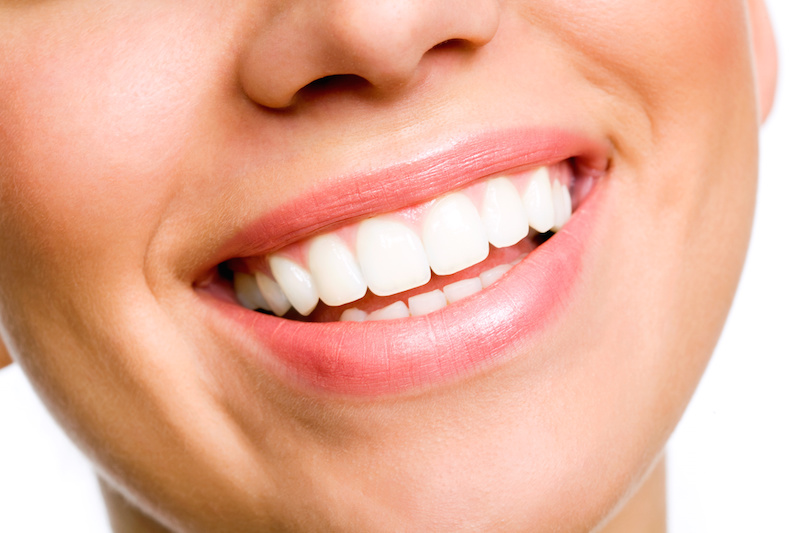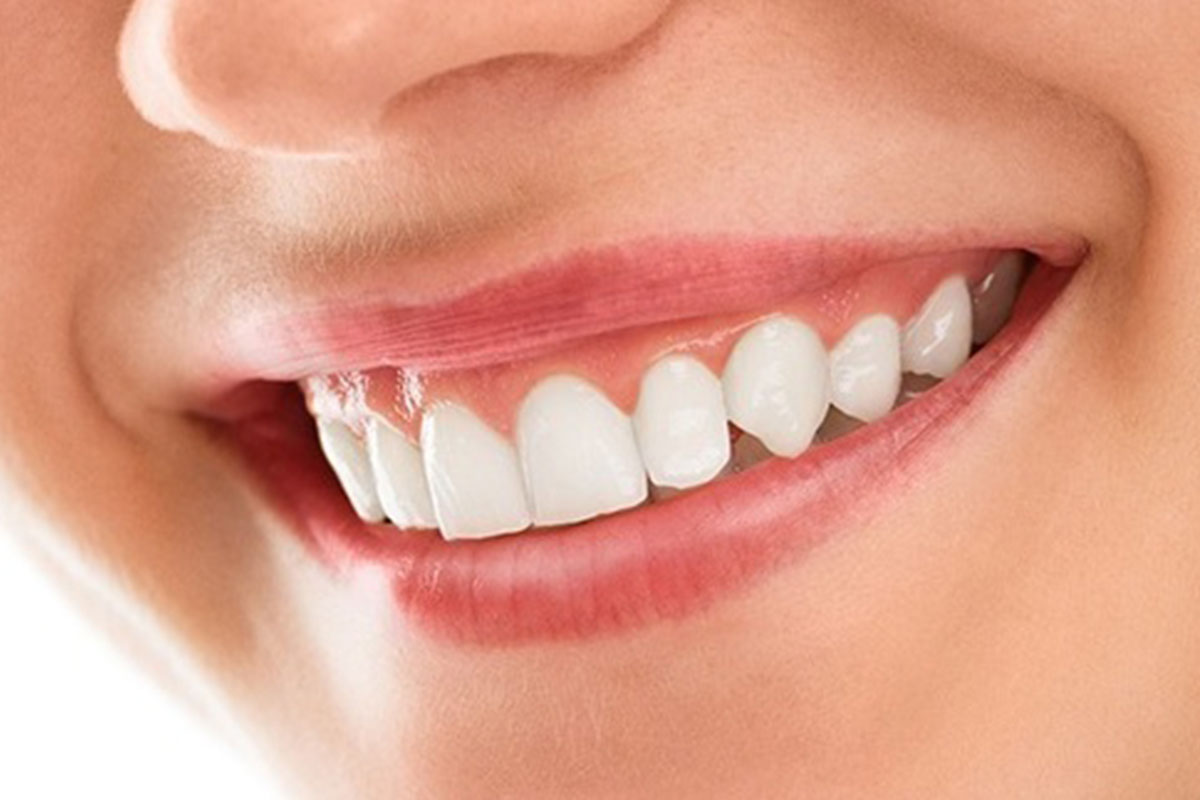How Does a General Dentist Identify Teeth Clenching?
Teeth clenching is an act performed during the day and at night. It is very similar to teeth grinding and jaw clenching, both of which have similar effects as teeth clenching. While some people clench their teeth throughout the day, it also happens at night, which can make it difficult to detect. Most of the time, individuals who clench their teeth visit their dentist and present them with the following symptoms. These symptoms help the general dentist to identify teeth clenching.
Warning signs of teeth clenching
Outlined below are a few of the warning signs that general dentists may use to identify teeth clenching. This information should be reviewed by individuals who suspect that they are clenching their teeth throughout the day or at night.
Decay and sensitivity
The number one way that a general dentist identifies teeth clenching is by checking for decay. When the surface of molar teeth are worn down or decayed, the cause is likely to be teeth clenching. As the teeth are rubbing up against one another, the enamel can wear off, over time. With the wear, comes sensitivity. When the enamel is worn down, hot and cold sensations are heightened.
Soreness
Any soreness in the oral cavity, around the jaw, or of the teeth may also signal that teeth clenching is occurring. While some individuals that clench their teeth do so during the day, there are also a lot of people who perform it at night when sleeping. Similar to grinding, teeth clenching is a result of stress, which can present itself while sleeping. Because there is the possibility of it occurring at night, dentists will ask the individual about any soreness.
Headaches
A common sign of teeth clenching is headaches. Individuals who clench their teeth or jaw often experience headaches throughout the day, which can be overwhelming. When the jaw works overtime as a result of the teeth clenching, the entire head is then put under pressure, thus resulting in excruciating headaches. The dentist will ask questions about day to day, including whether or not headaches are occurring.
Jaw malfunction
Another way that dentists identify teeth clenching is by looking at the individuals' jaw and evaluating it. If the jaw is malfunctioning or experiencing pain then teeth clenching may be the cause. A malfunctioning jaw may present itself as problematic when eating, speaking, smiling, or even attempting to perform oral hygiene.
Additionally, when the jaw malfunctions, the bite may also experience problems too. Teeth clenching, over time, can result in an uneven bite, whether it be cross, under, or over.
Find out more from a general dentist
When suffering from any of the above symptoms, it is best to undergo a consultation with a dentist. The consultation gives the dentist a chance to evaluate the symptoms to determine the most appropriate course of action. Additionally, questions or concerns about the teeth clenching can be addressed. Reach out today to learn more or to get scheduled for an appointment.
Request an appointment here: https://carmelsmilesdentist.com or call Smiles in the Village Dentistry at (317) 575-6101 for an appointment in our Carmel office.
Check out what others are saying about our services on Yelp: Read our Yelp reviews.
Related Posts
Your 2026 Smile Goals: How SITV Creates Personalized Smile Makeover Plans
A new year brings new opportunities — and what better way to start 2026 than with a smile you truly love? Whether you want whiter teeth, improved alignment, or a complete transformation, Smiles in the Village Dentistry (SITV) is here to help you achieve your 2026 smile goals with fully personalized, confidence-boosting smile makeover plans.As…


